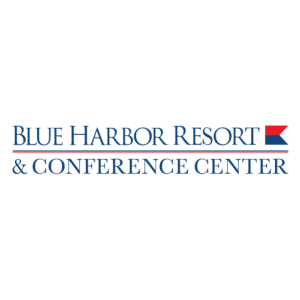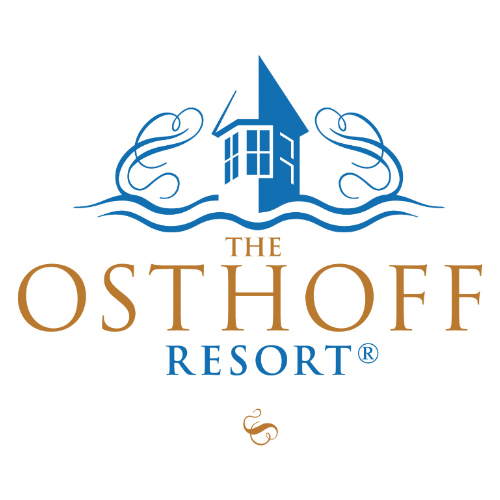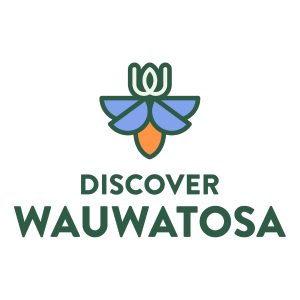Event Planning Experts Share Choice Advice
10/11/2020
By Shelby Rowe Moyer
The best industry knowledge doesn’t exist in a vacuum. It’s learned and disseminated from other event planners, colleagues and past experiences. That’s why we attend events, right? Because we’re hoping the speaker will have something valuable to share with us.
Think of these podcasts as mini keynote speeches and panels about foundational event planning topics. Like, if you’re trying to be conservative with your catering budget, don’t offer sweet and salty hor d’oeuvres, because guests will inevitably eat more of them. Or if you’re trying to be really mindful of inclusion, make sure you have a diverse group of people involved in the planning process.
Some of the episodes touch on timely topics, including the coronavirus, while others are helpful when thinking about future, in-person events.
#EventIcons
Diversity and Inclusion in Events: Paving the Way for a Better Tomorrow
Diversity and inclusion are words we hear a lot, especially within corporations and organizations. The hosts of the #EventIcons podcast and their guests start the conversation by dissecting what that actually means.
Diversity — says celebrated diversity, inclusion and bias expert Risha Grant — is who we are as individuals that makes us different and unique (our hair styles, our food preferences, etc.). Inclusion is how we practice diversity so that everyone feels like they matter and have a voice at the table. So, how does that translate to an event, and how can you help create an inclusive environment? This episode tackles that.
Some of the sound quality is a little shaky in this episode, but the conversation is well worth the listen. In general, this podcast has a ton of thoughtful and insightful topics on event planning.
Party Girl Podcast
Post-Coronavirus Catering for Events
Host Chelsey Curtis says one of the most common questions she gets is: How do you appropriately budget for food and drinks at your event? Curtis and her guest touch on health and safety planning for catering, as well as questions you should ask your client when putting together a menu, such as are some of your guests religious? If so, there are some things you should consider when planning a cocktail hour. Or, if you’re organizing an upscale event with a conservative budget, which types of foods will best accommodate your spending limit?
Curtis comes from a culinary background, so she has a unique perspective on event catering.
The Emamo Show
The Four Steps to A Wildly Interactive Livestream
Eli Stoneberg, co-founder of Hovercast, an interactive live streaming event platform, talks about the most difficult aspect of virtual events: attendee interaction. When attendees show up to your virtual event, how do you get them to interact with not only each other but the content? What’s your overall goal with this interaction, and how do you help stoke the engagement?
Stoneberg shares how Old Spice used Hovercast to create an interactive game, for example, and how its four-step process made it a success.
Smarter Event Planning
Designing People-Centric, Purpose Driven Events
In this episode, the host talks with Tahira Endean, the head of events for the Society for Incentive Travel Excellence and author of “Intentional Event Design, Our Professional Opportunity.”
Endean offers really topical nuggets, like technology she uses to ensure an event runs smoothly, but also how she’s using principles of theater to create engaging speaker segments. Endean also gets into the nitty gritty of how she handles the logistics of communication during the planning process and how she’s able to confidently book event venues she’s never seen in person.
Put a Ring on It
Four Fundamentals to Hosting a Great Event
Though this podcast mainly caters to wedding planners, as hosts Danielle Pasternak and Daniel Moyer mention in the opening, this episode applies to any type of event. Pasternak lays out her four fundamentals: food, drink, entertainment and guest comfort.
Now, some of that might sound pretty obvious, but she breaks each of the fundamentals into specifics. For example, how much food should be served for a two-hour event versus a five-hour event and at what point should the food be served?











